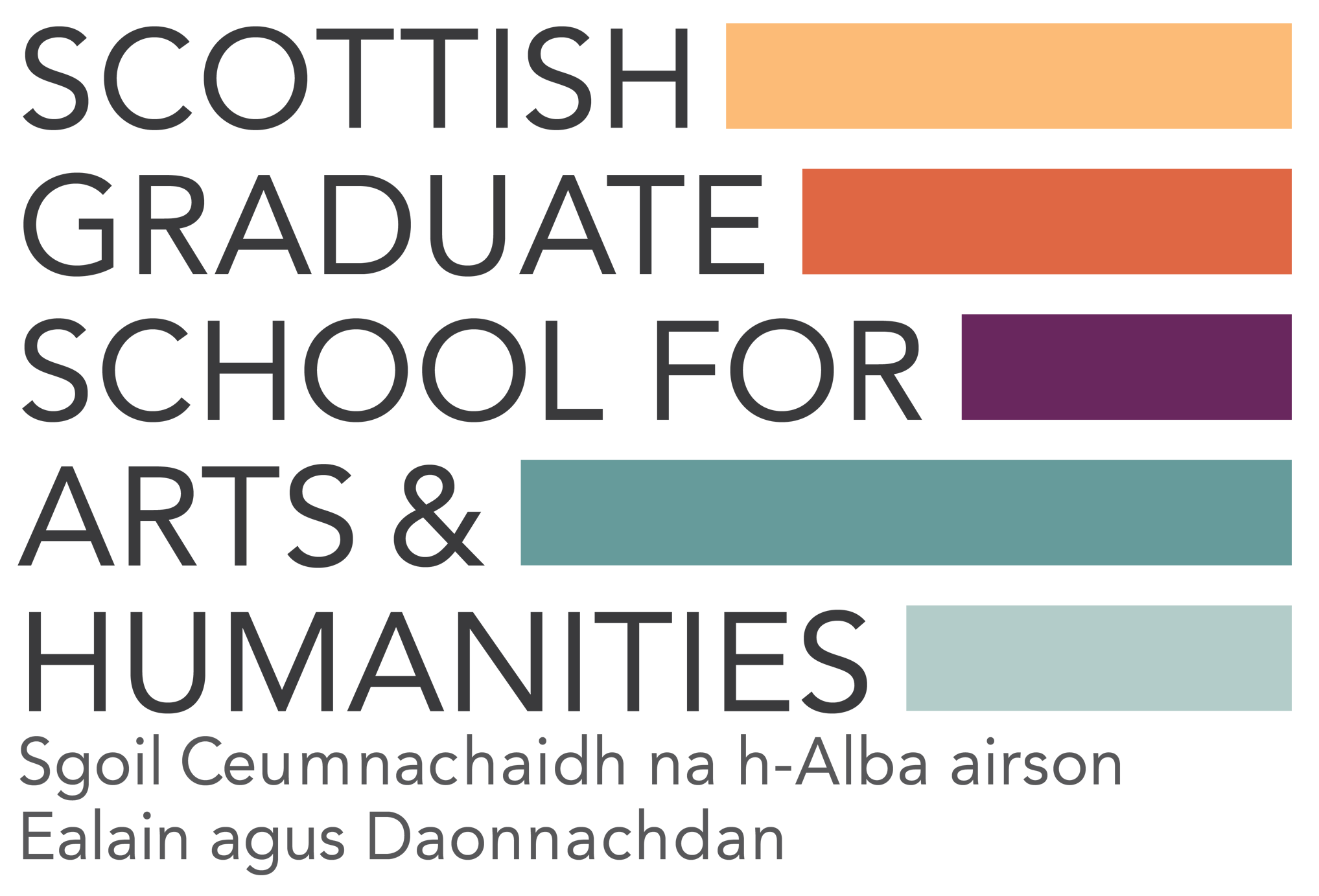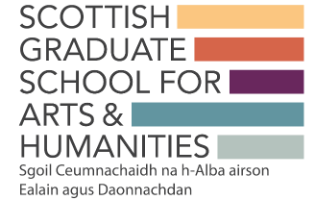Policy Stories: Legacy Resources
Published: 14 March 2016
Published 14/3/16 Policy Stories: Legacy Resources blog releases a cache of free on-line materials that any PhD or early career researcher can employ to discover how their own specialized research can influence policy. Please visit the Policy Stories blog at https://sgsahpolicystories.wordpress.com.
Published 14/3/16
We are pleased to release Policy Stories: Legacy Resources, a cache of free on-line materials that any PhD or early career researcher can employ to discover how their own specialized research can influence policy. Eliciting methodologies such as workshops, discussion points, pitch-and-response, and one-on-one instruction, the resources are designed to be engaged by either an individual or group, and can be modeled & replicated for various visiting guests- academic or policy makers- within one’s own community.
Combining talks, performances & workshops, Policy Stories: Or How to Make Friends & Influence Policy was a unique & innovative 2-day residential event for hands-on training & knowledge exchange. Comprised of 22 doctoral researchers from across twelve SGSAH participating universities, delegates worked with government ministers such as Michael Russell MSP, cultural bosses at Glasgow Life, Creative Scotland & Royal Orchestra, varied career academics, and professional storytellers to discover how research can impact policy-making. Taking place in November 2015, the programme was sited at the Scottish Storytelling Centre & Scottish Parliament in Edinburgh.
Guests
- Prof. Philip Schlesinger, Professor of Cultural Policy, the University of Glasgow. As an accomplished academic with years’ experience researching & influencing cultural policy, Professor Schlesinger gives the lowdown on how researchers can have a real impact on policy-making. He shares approaches, reveals opportunities & explores the challenges and rewards of working with governmental & cultural institutions, sharing the tools & knowledge needed to start thinking about how research can make a difference.
- Michael Russell, MSP; Former Minister for Culture; Former Cabinet Secretary for Education & Lifelong Learning; A Holyrood major player, Mike knows exactly what ministers are looking for when it comes to engaging with researchers. He runs a ‘Brief the Minister’ workshop, using practical activities & examples to ensure research can have the impact it deserves in the upper echelons of government.
- Philip Deverell, Director of Strategy with Creative Scotland; spoke to delegates about the Story of a Policy Maker.
- Dr. Annie Tindley, University of Dundee, Fellow of the RSE Academy of Scotland; Dr. Tindley’s research on welfare in the Highlands & Islands during the 19th century was a big influence on the debate around general practice in remote & rural Scotland and has led to new training being designed, GP placements & a debate in the Scottish Parliament. In ‘A Story of a History and Policy’, she talks through the process, sharing experiences, tips & techniques she’s learned along the way.
- Marion Kenny artist & storyteller based in Edinburgh; ran a workshop with the delegates which shows how to effectively weave their research into its own story.
- Noel Fojut, formerly Team Leader for Legislation, Culture & Heritage Division, Scottish Government & Terry Shevlin, Education & Culture Committee Clerk, Scottish Parliament; shares about the life of parliamentary clerks, and tells the story about how the HES Act 2014 was passed through Parliament.
The course culminated in an extended workshop session with Dr. Mark O’Neill (Director of Policy, Research & Development at Glasgow Life) and Dr. Jane Donald (RSNO, Director of External Relations) and Stuart MacDonald (Founder and Executive Director of the Centre for Cultural Relations, University of Edinburgh) in which delegates consolidate the knowledge they’ve gained & skills they’ve learned into a 2-minute pitch for fellow participants.
The resources have been designed with two main aims:
- To facilitate groups in replicating the ‘Policy Stories’ workshops using their own speakers and/or the videos provided
- To give individuals the opportunity to access the live content from the Policy Stories training & use the discussion points to reflect on their own research & its implications for policy-making.
First published: 14 March 2016
<< News Archive



